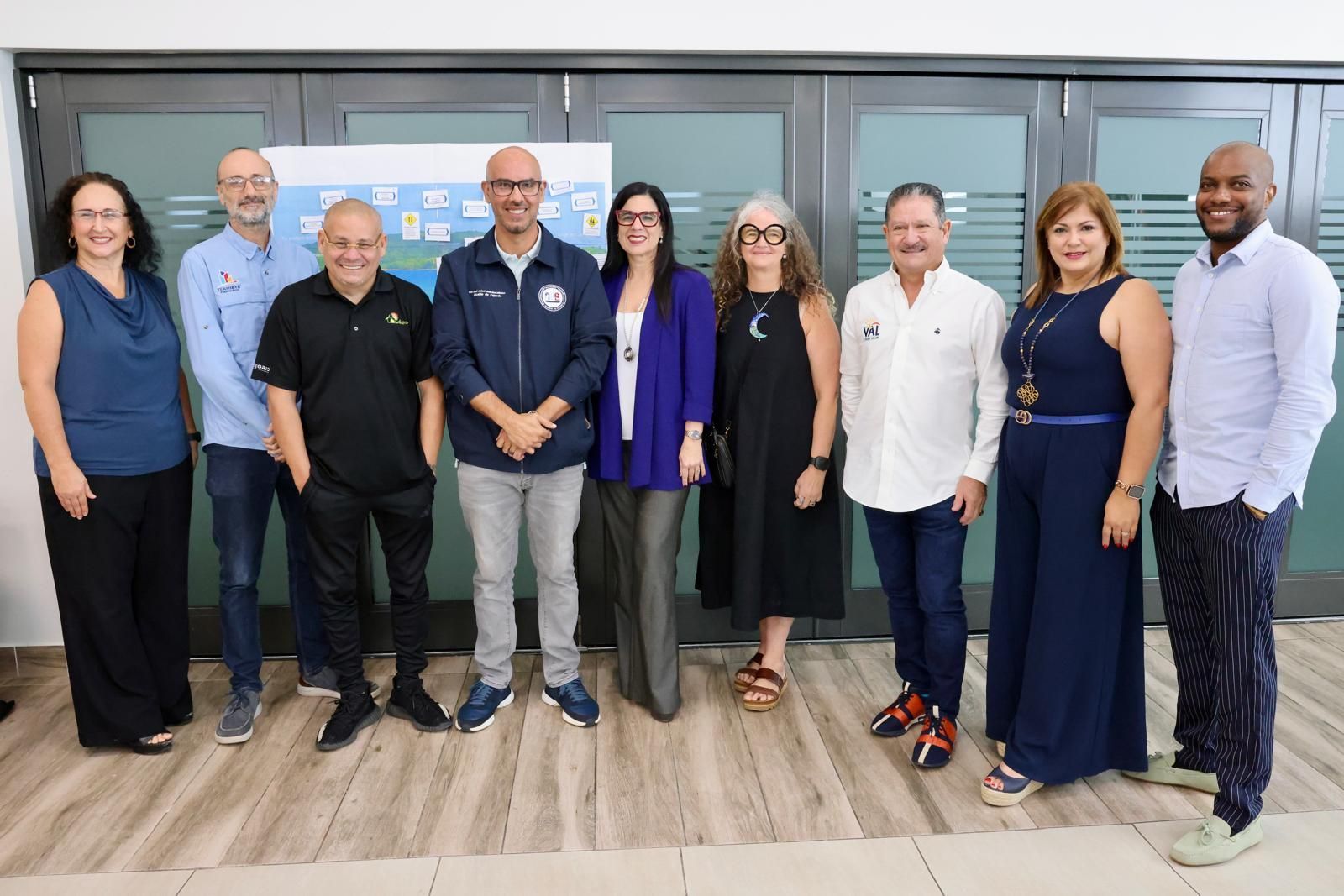Enterprise Community Partners and IBTS Partner on Affordable Housing Climate Resilience
Share this article:

Ashburn, VA–The Institute for Building Technology and Safety (IBTS) recently hosted representatives from Enterprise Community Partners (Enterprise) during its December 2021 Board of Directors meeting to share details of two of Enterprise’s programs, Keep Safe Miami and Resilience Academy. The programs have developed critical strategies and resources to help affordable housing owners improve the resilience of their properties to climate change and natural disaster risks. IBTS has been providing Enterprise with technical assistance on both programs over the past year.
The programs were presented by Enterprise’s Sara Haas, Southeast Market Director, and Laurie Schoeman, National Director for Climate Risk Reduction and Resilience.
“Climate change poses a significant risk to affordable housing, threatening our most vulnerable populations,” explained Haas. “We are working hard to give affordable housing owners the resources they need to understand, prioritize, and finance implementation strategies, thereby protecting their occupants and preserving their investments.”
Enterprise’s work to increase housing supply, advance racial equity, and build resilience and upward mobility is well aligned with IBTS’ focus on strengthening communities through its role as a trusted advisor to governments at all levels. The two nonprofit organizations share a common goal in making climate risks—such as flooding, extreme wind, extreme heat—better understood and more readily mitigated.
During the presentation, Haas and Schoeman provided an overview of how the programs provide technical assistance to affordable housing stakeholders, from conducting assessments, to developing mitigation strategies, to identifying funding and financing.
“We know how critical it is for owners to address resilience in their affordable housing portfolios, and yet understanding what to do and how to do it can be incredibly challenging,” said Schoeman. “Both Keep Safe Miami and Resilience Academy equip owners with the knowledge and tools they need, giving them a roadmap for resilience.”
In 2022, Enterprise will use results from the Keep Safe Miami and Resilience Academy programs to benefit other communities across the country. The Keep Safe program will extend to Orlando, Tampa, and the broader Miami MSA. Resilience Academy will build on last year’s pilot in the Southeast to focus on the Gulf Coast.
Schoeman and Haas emphasized how the success of the programs would not have been possible without the remarkable mix of partners and participants that share their commitment to preserving affordable housing. In addition to IBTS, Enterprise’s collaborating partners include the JPMorgan Chase Foundation, Fannie Mae, the U.S. Department of Housing and Urban Development (HUD), the Natural Resources Defense Council, the Urban Land Institute, the Urban Sustainability Directors Network, the Federal Emergency Management Agency, the City of Miami, Miami Dade County, the Florida Housing Coalition, Miami Beach Rising Above, Habitat for Humanity, the National Renewable Energy Laboratory, Regions Bank, City National Bank, and Communities United.
Both programs are of considerable interest to IBTS leadership. IBTS’ Board of Directors includes representatives from five national associations representing state and local governments, including the Council of State Governments (CSG), the International City/County Management Association (ICMA), the National Association of Counties (NACo), the National Governor’s Association (NGA), and the National League of Cities. Reducing climate risks and ensuring equitable housing are both of critical importance to the members of these organizations, as well as for the Board’s efforts to guide IBTS’ work in assisting governments with equitable climate resilience, federal funding management, and disaster and resilience planning.
“Addressing climate resilience and protecting vulnerable populations through safe and secure housing are both critical issues for state and local governments,” said Chris Fennell, IBTS’ Chief Development Officer. “IBTS is proud to be assisting Enterprise in developing solutions that strengthen governments’ ability to navigate these issues, while engaging stakeholders from the private and nonprofit sectors to ensure their success. We’re excited to see both the Keep Safe and Resilience Academy programs grow over the coming months and years.”
About IBTS
IBTS is a 501(c)(3) nonprofit organization committed to strengthening communities as a trusted partner to local, state, and federal governments. IBTS is headquartered in Ashburn, Virginia, with branch offices across the country. IBTS’s work is guided by a Board of Directors comprised of government officials appointed by five of the most highly respected, grassroots, state and local governmental associations, including the Council of State Governments (CSG), International City/County Management Association (ICMA), National Association of Counties (NACo), National Governors Association Center for Best Practices (NGA Center), and National League of Cities (NLC).





